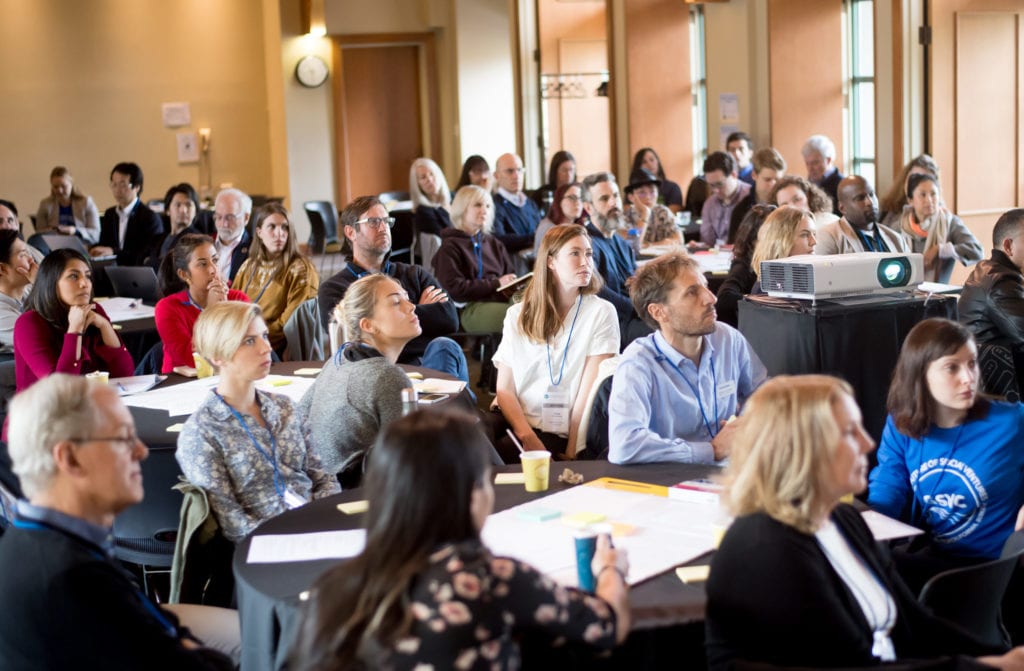As a critical input in the economy’s production, all forms of investment finance have impact. What distinguishes sustainable and impact finance is the interest of investors not only in financial returns but also in positive impacts on environmental, governance, and social outcomes.
Starting with the nation’s first student managed socially responsible investment fund in 2008, this initiative builds on over ten years of thought leadership at Berkeley Haas.
Our Mission
Cultivating leaders in sustainable and impact finance, empowering them to leverage capital on a global scale to expedite the shift towards a climate-forward and fair economy. Offering not just courses but real experience with funds and student-led investments.

SAIF supports hands-on courses, research, conferences and activities on ways to mobilize capital for sustainable and impact investing. SAIF covers all asset classes from publicly traded equities and fixed income to private equity and venture capital, as well as catalytic and philanthropic capital. Different kinds of investors seek different asset classes and different kinds of returns with different risk appetites and different time horizons. Students interested in sustainable and impact investing careers should understand the full spectrum of options through which capital can be mobilized for investment according to their risk, return and impact.
Investors in both public and private assets–equities, bonds, private equity and venture capital-seek both financial returns and measurable impact in one or more areas they value, while investors in catalytic and philanthropic capital focus on impact returns and disclosure and are willing to forego financial returns or accept concessionary ones. The meaning and measurement of impact are essential to sustainable and impact investment in all asset classes. Sustainability ratings are often used to assess impact returns in publicly traded securities. In contrast, investment opportunities offered by PE, VC and catalytic funds provide their own definitions and measurements of impact often in a particular area of investment like health, education, climate, and economic development.
